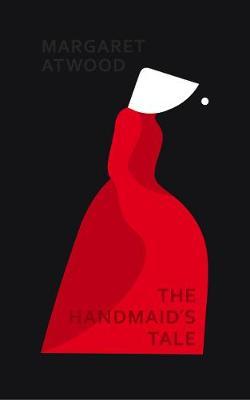Like so many others, I was captivated by the recent SBS drama adaptation of the Margaret Atwood novel The Handmaid’s Tale (Vintage Penguin Random House 1986). The colour and light, and the artistic cinematography, present a vivid and memorable story. Yet I had never read the book, written 30 years ago by Atwood and viewed now, in these days of Trump, as a sort of prescient fable.
In my opinion, in general the movie or TV series rarely does justice to the book, but in this case, I found the series so impressive that I was intrigued to see whether the book itself held the same appeal.
Of course, Atwood is a master (mistress?) of her craft, and the book is everything you would expect and more.
The story is narrated by Offred, a woman whose sole purpose now is to become impregnated by her Commander (while in the presence of his wife) and to breed. Producing a healthy child is valued above all else in this latter-day America, where toxic waste and rampant viruses have rendered most people infertile. After civil and religious wars, the society of Gilead is strictly regimented, each giving to their ability. Dissenters are hung from the wall, or worse.
Besides being immersed in Atwood’s distinctive voice, one of the satisfactions of the novel is that it provides more background than the film into how and why Gilead developed to its current point, and offers explanations into some of the archaic traditions and customs. In addition, what a lovely surprise to find – at the conclusion of the book – ‘Historical Notes’ comprising a partial transcript from an academic conference in 2195, exploring the history of Gilead and examining the narrator’s notes which we have just read as the body of the novel. A clever touch which provides further insight into the society and its inhabitants.
The story touches on issues such as refugees and women’s rights that are as relevant today as when Atwood wrote about them in the 80’s; some would say even more relevant.
I highly recommend both the series and the book, although if – like me – you see the film first, you won’t be able to read the book without the scenes flashing through your mind. Which is not a bad thing.

